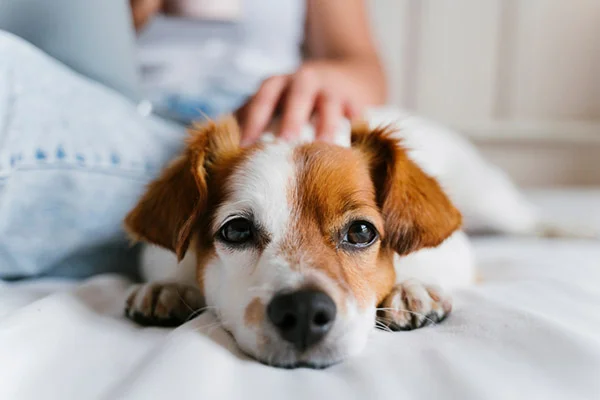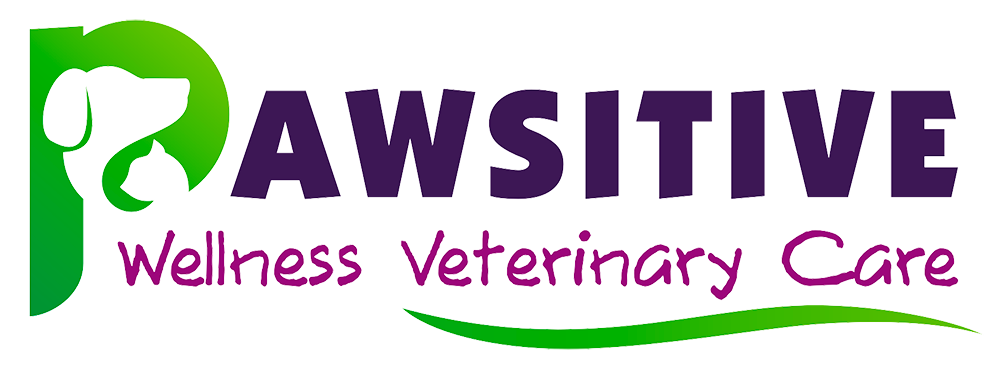Pet Neutering and Spaying Services
Spaying and neutering are routine surgeries we perform for dogs and cats at our Eugene animal hospital. These safe, optional surgeries help control the pet population in and around Eugene.
Pet Spaying and Neutering Procedures
Cats and dogs are usually in the kitten/puppy stage when spayed or neutered, although the procedures can be performed later in life. Spaying and neutering are routine day surgeries requiring anesthesia to keep your pet still and prevent it from experiencing any pain. We will perform pre-operative blood work to ensure your pet is fit and healthy enough to undergo surgery.

The spay procedure is performed on female dogs and cats. During the surgery, the veterinarian makes an incision beneath your pet’s belly button. Both her ovaries and uterus are then removed.
The neuter procedure is performed on male dogs and cats. To neuter your pet, the veterinarian makes an incision in the scrotum, and then the testicles are surgically removed.
As mentioned, spaying and neutering usually happen when pets are puppies and kittens. Feel free to discuss the procedures at your puppy or kitten’s first wellness checkup with us at Pawsitive Wellness Veterinary Care.
Pet Spay and Neuter Benefits
When deciding whether to spay or neuter a pet, it’s essential to know that several health benefits can be derived from these procedures. For example, spaying prevents female pets from entering a heat cycle and eliminates the associated behaviors. This makes female cats and dogs less likely to go outside and engage in dangerous behaviors.
Benefits female pets can experience from spaying:
- Reduces female hormone fluctuations
- Eliminates uterine infections
- Prevents the risk of mammary cancer
- Eliminates all risk of uterine cancer and ovarian cancer
- Reduces separation anxiety experienced by many female pets
Benefits male pets can experience from neutering:
- Reduced risk of prostate infection
- Eliminates testicular cancer risk
- Male levels of aggression are lowered
- Neutered pets are less likely to “roam”
- Lowered risk of any diseases associated with hormonal issues


The spay and neuter procedures have been refined over many years and are now extremely routine in veterinary medicine. You will drop your pet off in the morning on the day of their appointment. Once the procedure is complete, we will monitor your pet until it is fully reawakened from the anesthetic. Then, we call you to come and take your pet home. Pet parents almost always take their dog or cat home on the same day that the procedure happens.
In addition to the health benefits, spaying and neutering is potentially a money-saving procedure in the long run. Paying for this simple procedure is much cheaper than caring for an unexpected litter of puppies or kittens.
Pet Aftercare Following a Spay or Neuter Operation
The team at Pawsitive Wellness Veterinary Care will discuss the aftercare concerns once your dog or cat is ready to go home after a spay or neuter procedure. We will generally ask that a pet not be given food for 12 hours before the operation.
You may be given some antibiotics to take home after the procedure. These are usually administered orally and with food to help fight off the possibility of an infection at the surgery site. Typical after-care will involve many of the following steps.
- Provide your pet with a safe space or “cave” where they can be alone and rest. This can be a dog, cat house, or any small space they can walk directly in and out of.
- Your pet will want to lick or bite at the stitches on their surgical site for a few days. This is normal, but you want to prevent them from doing this. Fitting your pet with an Elizabethan collar or e-collar helps prevent this so the surgery wound can heal.
- Reduce your pet’s activity levels so they can rest and heal. If cats have a favorite climbing structure, you might want to remove it from your home for a few days. Limit climbing and exercise so your dog or cat cannot reopen their wound.
- Keep your pet dry. You should not give them a bath for the first ten days or so after surgery.
- Watch your pet closely every day. Inspect the surgery site to ensure no swelling or other signs of infection. Call us if anything looks wrong!
Contact Us for Spaying and Neutering in Eugene
If you’d like to talk to our staff about spaying or neutering or want to schedule a procedure for your dog or cat, call our Eugene office at 541-515-6789.
Contact Us for Spaying and Neutering in Eugene
If you’d like to talk to our staff about spaying or neutering or want to schedule a procedure for your dog or cat, call our Eugene office at 541-515-6789.
